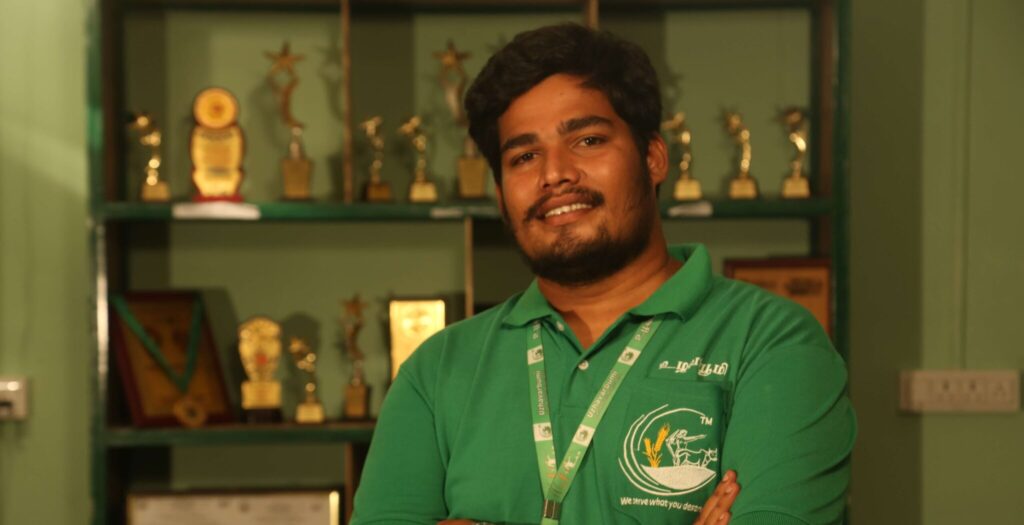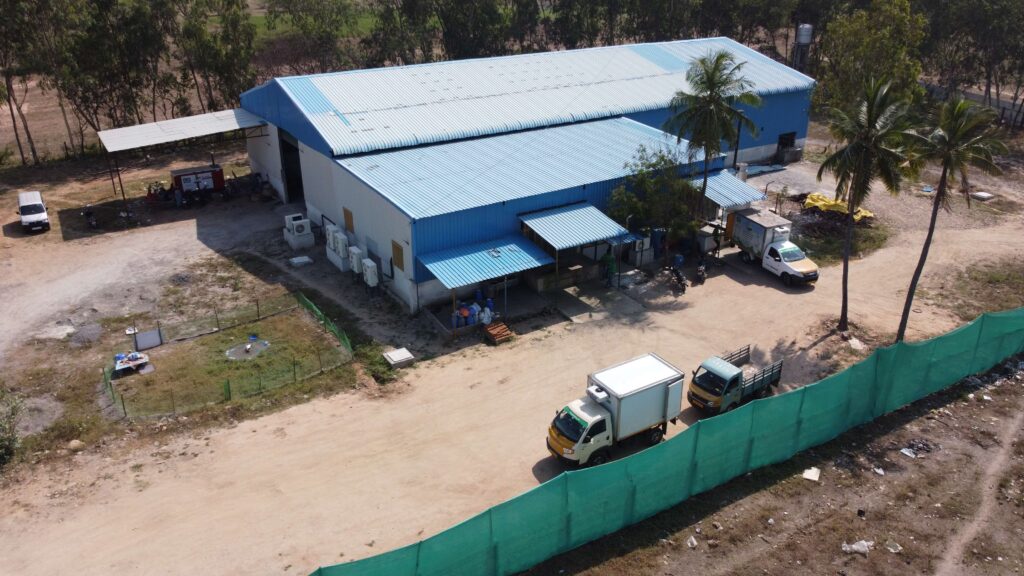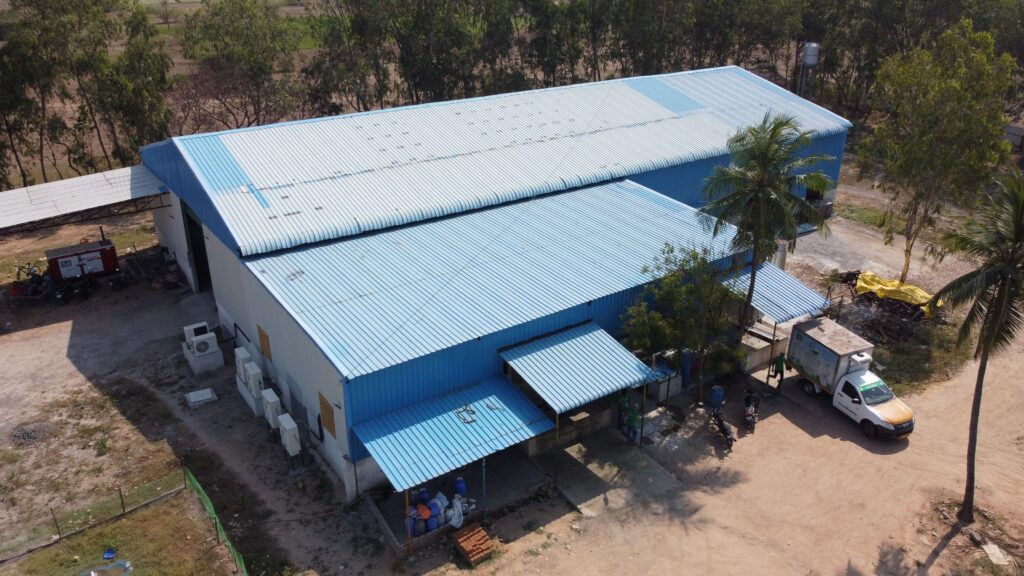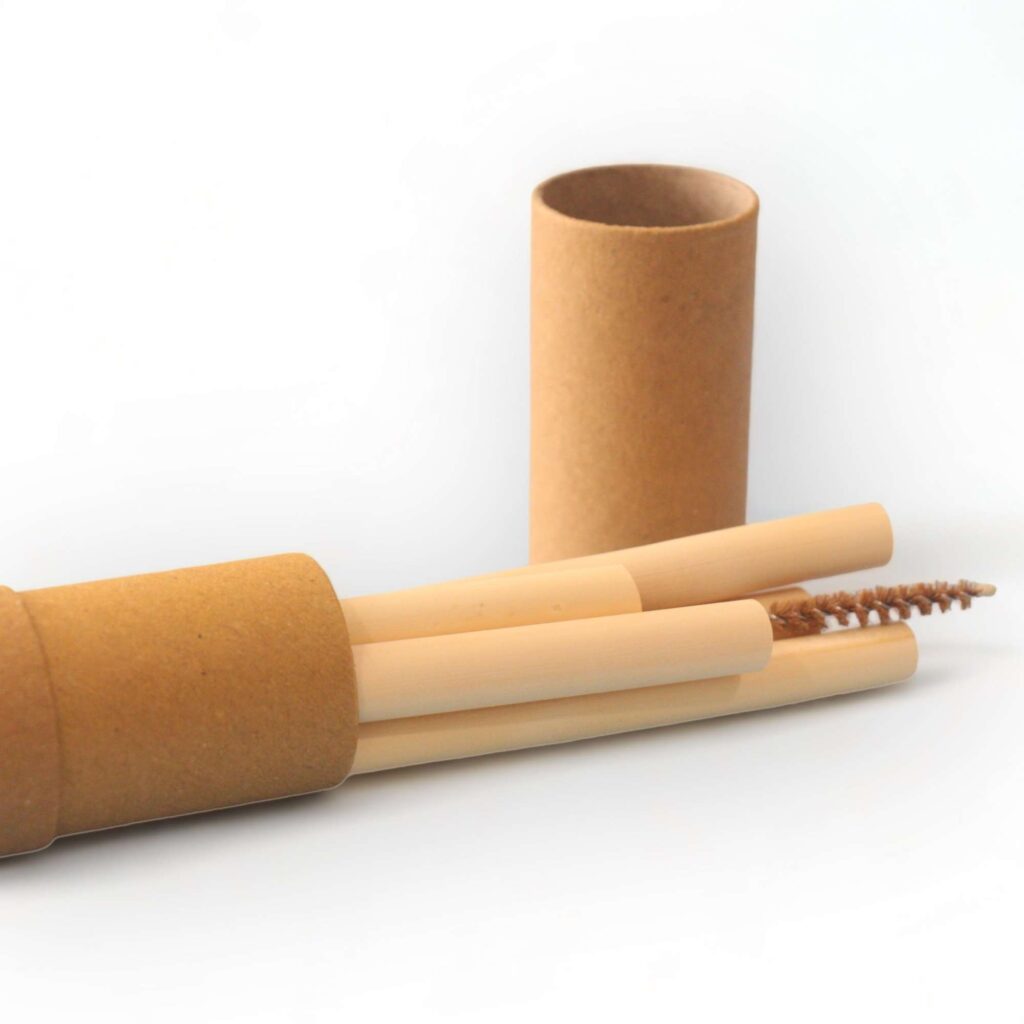“I look at the market in two segments—Pre-Jallikattu and Post-Jallikattu,” reveals Vetrivel Palani, founder of UzhavarBumi. The founder was a part of the historic protest at Marina Beach in January 2017. “During the protest, several farmers’ issues came up,” he reveals. Vetrivel did not have a background in agriculture or farming. For someone like him, the protest was a revelation about the atrocities that the profession faced.
The harsh reality moved Vetrivel. He brought his friends together and started an NGO to support farmer communities with food and education. “We travelled around Tamil Nadu to different villages during that time,” recalls Vetrivel. The face-to-face interactions with the farmers revealed the injustice towards the profession. The existing third-party vendors were not paying a fair price for the farmers’ services.
All of a sudden, like a revolution, new startups emerged. Some worked with farmers to market their produce—some innovated on agricultural processes. Organic farming processes and products came to light. However, the dairy farmers were still struggling. Unlike fruit, vegetables and grains, milk is highly perishable. The farmer needs to sell the milk within two hours of milking. Dairy industries purchase milk from these farmers based on demand. “When there is demand, the farmers get a good price. If there isn’t, they don’t,” he reveals.
The farmer’s lack of financial stability or a consistent clientele and the widespread consumption of adulterated milk inspired Vetrivel to start UzhavarBhumi. “Milk is a primary source of nutrients for children under the age of ten,” says the founder, “It is important for people, especially those living in the city—far away from the villages—to know what they are consuming.”
Vetrivel—who then didn’t know the first thing about dairy—quit his job at Zoho and sold his six-month-old Ertiga, which was still under EMI. He used the fifty thousand rupees as seed investment and travelled to nearby villages with his friends to solve the problem. “Those were dark and difficult times,” Vetrivel interjects, laughing.
The young entrepreneur, fueled by the urge to make an impact, spent long hours under the sun talking to every dairy farmer he crossed. However, the farmers were not open to conversation. They had been fooled by many city-based companies before. They did not want to fall prey to consumerism once again.
After ten days of tirelessly attempting to convince the farmers, Vetrivel was about to give up. Just then, one of the dairy farmers approached the young entrepreneur. “I’ve been seeing you at our village for the past ten days. Maybe your intentions may not be so bad,” he said. There was finally a ray of hope amidst all of the darkness. They began operations with ten customers. “Even then, it wasn’t easy. Customers initially complained about the consistency of the milk,” he recalls with a chuckle. It is important to remember that natural products (that do not go through artificial processes) will not have a standard texture.
Vetrivel relocated to his hometown in Madhuranthakam, on the outskirts of Chennai, and began selling milk in reusable glass bottles, hoping to overcome the unimaginable plastic pollution from dairy products. A year later, around March 2018, Vetrivel and his brother Paneerselvam registered the company.
The organic milk and native milk industry were just becoming popular. Brands were portraying these products with premium labels. What was once an everyday commodity (before urbanisation) became a privilege.
Vetrivel was also a follower of G. Nammalvar and had attended several organic farming workshops at Vanagam Nammalvar Ecological Foundation in Trichy. He wanted to make native milk affordable to the masses. Only after diving into the industry did he realise that there weren’t many native cows in India anymore. “We could procure only about fifty to sixty litres of native milk,” he divulges, “Moreover, it would take at least thirty years to increase the native cow population.”
Nevertheless, the farmers were paid their due regularly. UzhavarBumi’s ‘affordable native cow milk delivered in a bottle’ resonated with the people of Chennai. A litre was available for fifty Rupees. People did not mind the extra effort of cleaning the bottle and leaving it outside to be refilled.
The duo began to investigate how the other brands managed large production volumes. They found that the other players in the organic milk or native milk industry would own a farm that would abide by the regulations. The produce from these farms would be mixed with regular milk during production to increase the overall quantity.
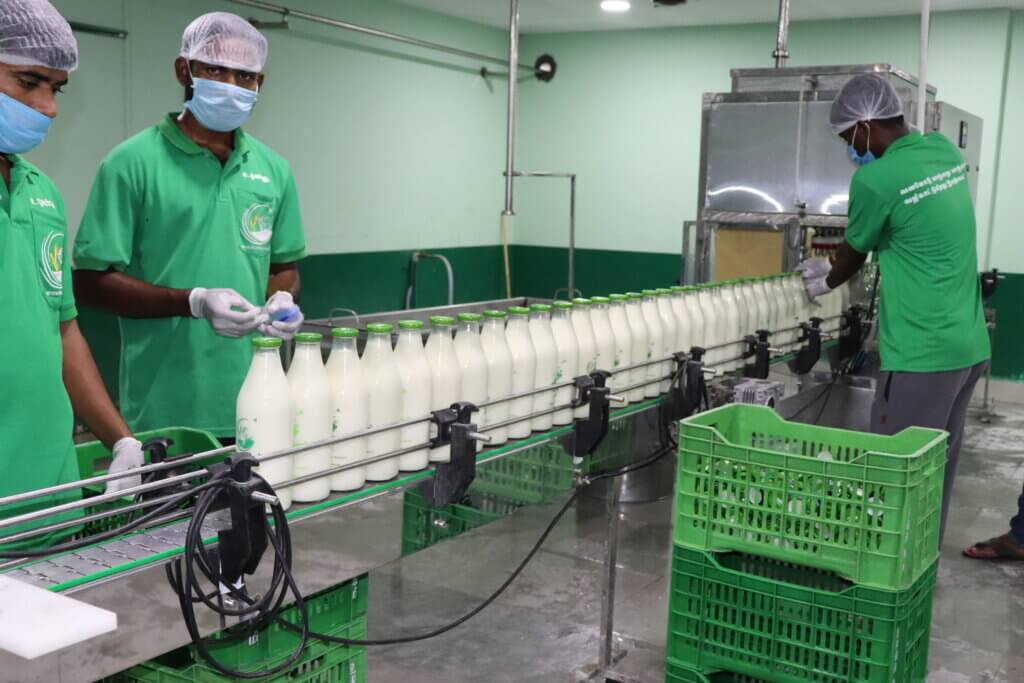
Appalled by the lack of transparency in the industry, the duo decided that the only possible way to scale while being transparent to the customers and ethical towards the dairy farmers would be to remove the native claim from their brand. UzhavarBumi rebranded their product to ‘pure and unadulterated cow milk’.
The team used their resources and background in technology to build an app. Forty villages in Tamil Nadu and more than two thousand farmers were onboarded. The fleet was entirely electric. Seventy percent of the marketing was through recommendations from existing customers.
Today, around five hundred farmers have been waitlisted. “We sell fresh unprocessed milk, so we onboard farmers from associations based on demand,” he says. The price of the milk has gone up to sixty-five Rupees a litre (keeping affordability in mind despite the inflation).
The rural-based startup, UzhavarBumi was built to support local farmers. In that spirit, the brand will only provide its products within Chennai, to not compete with the local players in other parts of Tamil Nadu.
“We support competition,” reveals the founder, “We urge them to support our goals.” After all, UzhavarBumi resulted from the desire to create impact. The goal remains. Every child should have access to unadulterated milk. Rural employment must be increased.
“It’s funny,” Vetrivel chuckles, “I didn’t even know the word startup until two years into UzhavarBumi.” Six years down the line, the entrepreneur believes that the best way to make an impact is to get on the ground and get your hands dirty.

